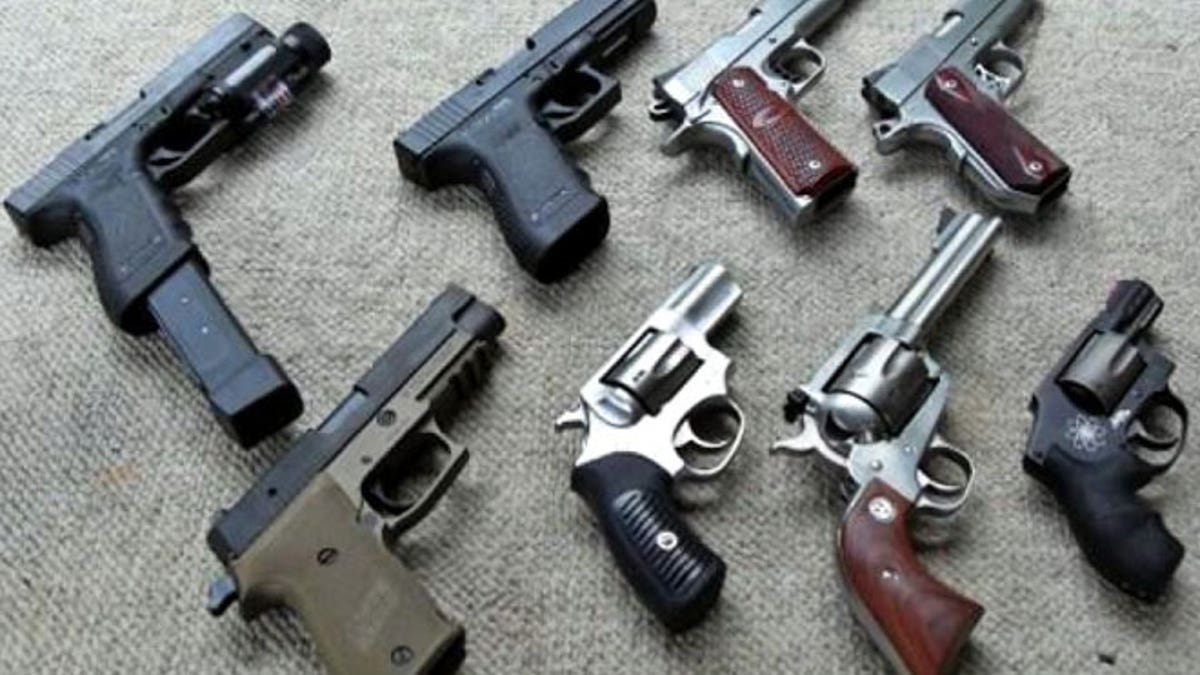
Teens with parents or caregivers in the military may be more likely to drink, smoke, and carry weapons than other kids, a U.S. study suggests.
Researchers also found that adolescents with close ties to the military were more apt to be victims of physical violence and harassment.
“We believe this is partly due to ongoing stressors related to war, deployments, frequent moves, being bullied, and being involved in risky peer groups,” lead study author Kathrine Sullivan, a researcher in social work at the University of Southern California, said by email.
More than one million school-aged children currently have parents in the military, Sullivan and colleagues note in JAMA Pediatrics. Including families of veterans, there are four million U.S. children whose parents have served at some point since 2001.
For the current study, Sullivan’s team analyzed survey data collected in 2013 from nearly 690,000 California public school students in grades 7 through 11.
About 8 percent of the children surveyed had parents or caregivers in the military. Overall, slightly more than half were Latino, another 21 percent were white, and the group included roughly the same number of girls and boys.
Overall, more than half of the students reported experiencing violence or harassment, and approximately one in ten kids said they had brought a weapon to school.
Military kids, however, were more than twice as likely to carry guns on campus and 81 percent more likely to take knives to school. They also had higher odds of being threatened with a weapon.
Children with close ties to service members were also more likely to say they lived in fear of being beat up, and they reported higher exposure to harassment and cyber-bullying, the study found.
The picture for substance use also looked worse for military kids, who were 45 to 73 percent more likely than other children to use cigarettes, alcohol, and marijuana, as well as abuse prescription drugs.
One shortcoming of the study is its lack of detail on socioeconomic status, which makes it difficult to know the extent to which poverty, family structure or other factors might have influenced students’ survey responses, the researchers acknowledge.
“Socioeconomic status is a major factor, and I think children from low-income, single parent households are in more need of extra support than other kids, whether or not they have a parent in the military,” Dr. Robert Frenck, a retired Navy pediatrician who currently practices at Cincinnati Children's Hospital Medical Center and wasn’t involved in the study, said by email.
For military children in particular, deployment of a parent and living arrangements during this period may be one of the biggest factors influencing whether they engage in unhealthy behaviors, said Stephan Arndt, director of a research group on substance abuse at the University of Iowa.
“Children who can stay close to family members are still affected but seem to do better than those children who are living outside the family,” Arndt, who wasn’t involved in the study, said by email.
Deployment can strain families through separation, leading to mental health problems and economic stress as well as impaired parenting skills that can put teens at greater risk, noted Suzannah Creech, a research psychologist with the U.S. Department of Veterans Affairs and a professor at Brown University.
“We need to ask about military service across all levels of the education and healthcare systems to better identify families and teens who may be at risk and in need of intervention,” Creech, who wasn’t involved in the study, said by email. “We also need to convey to parents that the health of the family environment is just as important as physical health.”
